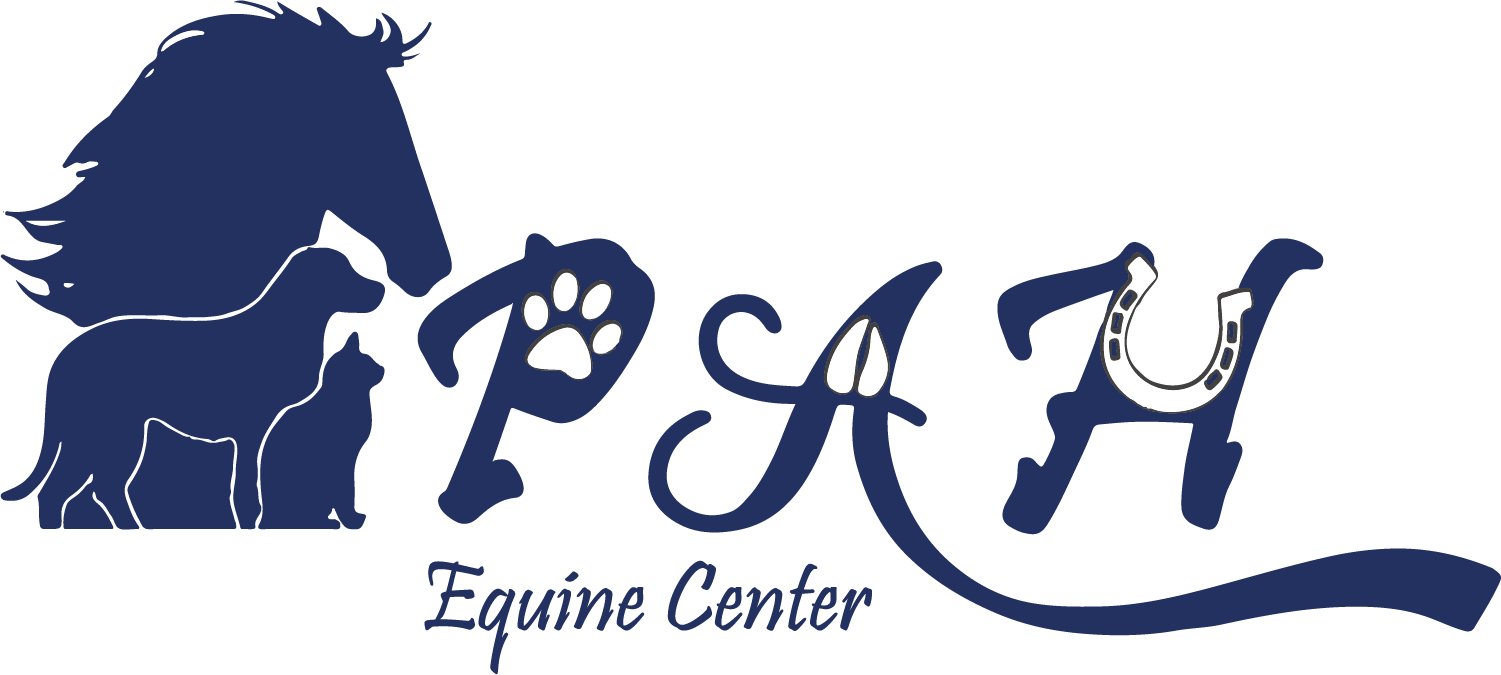How do you feed your horse?
Equine nutrition is an integral part of horse health, and should be the focus of every horse owner. Historically, horses have evolved from wild herds that graze and move all day, through work animals only, to finally specialized uses. These equine occupations vary from trail riding to performance horses like racing, rodeo, and dressage. Horses are also living much longer, more productive lives than a generation ago due to advances in the science of nutrition and health care. All these changes require a horse owner to tailor his/her equine partner to the specific diet that meets their horse’s unique needs.
FEEDING THE “NORMAL” HORSE
Normal is always a hard definition to get in the horse world. Generally, if you ask twenty horse owners how they feed their normal horse, you will get twenty very different diets! So, in general, here are some guidelines:
Be consistent in how, when, and what you feed your horse. Even small changes in feed can have health consequences like colic for your horse, so any change should be made over 3-4 days.
Feed your horse to his optimum weight and use. A normal horse will need between 1-2% of his optimum body weight in feed daily. For example, a 1000 pound horse in light training needs 10-15 pounds of feed daily. As you increase the workload, you need to increase the amount and type of feed. Optimum weight is important here. If your horse is obese and has a body score above 8, you need to feed him fewer calories, as well as increase his workload. This will help avoid many bad health issues like founder, metabolic syndrome, and colic. There are several visual examples of body scores that can help you decide how much feed is right for your horse.
Be sure to feed good quality hay. Dusty or moldy hay can cause respiratory disease, allergies, and colic. Assure a clean, consistent water source for your horse.
Get a general veterinary check on your horse. Your veterinarian can be a great resource for you and your horse. A dental exam will help identify and address any problems, and make sure that there is no pathology in his/her mouth. A parasite check will also make sure that any worms won’t compete with your horse for their calories. Your veterinarian can help you body score your horse and tailor a diet specific to his needs, as well as identify any disease process affecting weight loss or gain.
FEEDING THE “NOT SO NORMAL” HORSE
Foals & Young Horses
Foals are a mirror of what you feed the mare. The same principles apply for feeding mares as discussed above. It is very important to feed a mare for maintenance and lactation, without overfeeding her. A good source of hay, with some supplementation for lactation is normal. Foals are just as prone to diet changes as their dam, so make changes slowly. Controlling and managing growth in weanlings and yearlings can be challenging. Balancing a young diet is critical to avoid growth related diseases like epiphysitis and OCD. Most of the age-related joint and bone problems are nutritional in cause. I recommend feeding good quality grass hay through the growth phase (weanling to 2 years old) with minimal supplementation. If you use a supplement, make sure that it is formulated for growing horses, and feed to the manufacturer’s recommended amounts. Watch a young horse’s body condition through this phase is very important.
Older Horses
Old horses need more available nutrients in their diet. With aging comes failed or troubled dentition, so many diets for older horses need to be soft, like soaked pellets, or complete feeds. You should check an older horse’s mouth yearly to make sure that any problem is addressed. Weight loss in an old horse can be the result of many disease processes, so make sure an aging horse gets the veterinary care it needs. Again, your veterinarian can be a good resource for help maintaining the older horse.
Nutrition & Disease
Several equine diseases require strict dietary management. Metabolic syndrome or insulin resistance in the horse requires carbohydrate limitation and strict diet control as well. A horse that has been foundered also requires careful diet management to prevent further reoccurrence of lameness. Any horse that is, or has been sick requires more calories than his/her normal stablemate . A horse that has been starved needs to be fed small amounts of good quality hay more frequently over a longer period of time to return it to a normal body score.
Again, your veterinarian can be a great resource to keep your horse happy and healthy. I’ve listed some links below to help manage your horse’s nutrition.
What's Next
Call us or schedule an
appointment online.Meet with a doctor for
an initial exam.Put a plan together for
your pet.

